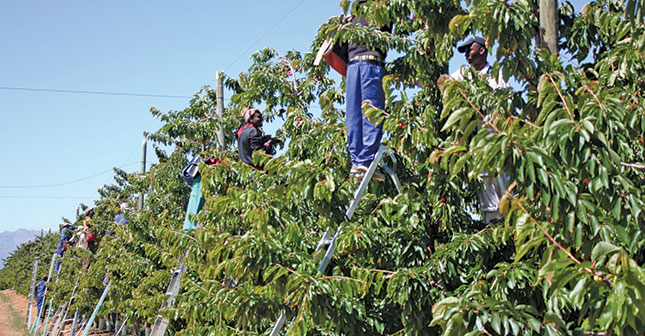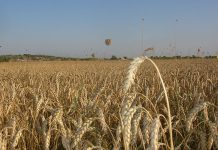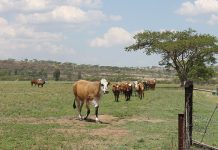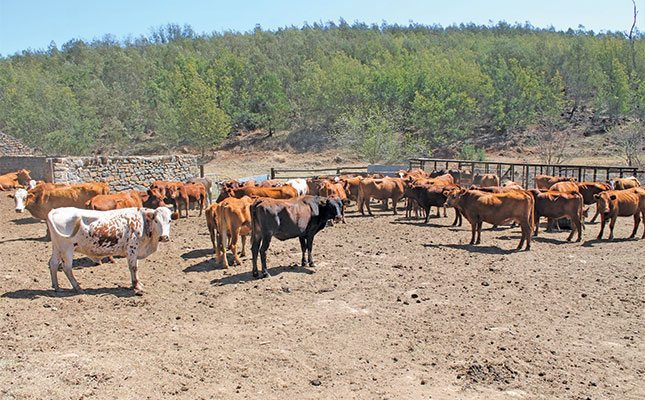
Many economists agree that it is likely that South Africa will be downgraded.
We do not, however, have to wait for these announcements to know that the outlook for many South Africans is dim.
According to the latest employment figures released by Statistics South Africa, SA’s unemployment rate has risen to 27%; this is the highest it has been since 2003.
While the agriculture sector managed to achieve a 7% quarter-on-quarter growth in employment, it was still 2% down year-on-year (y/y).
Job growth can only happen in conjunction with economic growth.
According to the World Bank, South Africa’s economy needs to grow at least 7,2% every year from 2018 to achieve government’s objective of reducing the unemployment rate to 6% by 2030.
In his October mid-term budget, Finance Minister, Pravin Gordhan, projected output growth at 2% and 2,2% for 2018 and 2019 respectively.
With the country already facing an uphill battle in expanding the labour force, government has now proposed introducing a minimum wage of R3 500/month.
Reactions from the labour and business sectors perfectly illustrate the economic quandary we find ourselves in.
On the one hand, the business sector has reacted by saying that the proposed minimum wage would curtail job creation efforts, especially for smaller businesses, and could become an entry barrier for new businesses.
Labour unions, on the other hand, believe that R3 500 is still not enough, and, if you compare R3 500 with the current cost of living, you would have to agree.
According to the Pietermaritzburg Agency for Community Social Action’s (PACSA) Food Price Barometer, the price of the PACSA basic food basket to feed a family of four for one month increased by R273,50 (16,7%), from R1 638,36 in October 2015 to R1 911,86 in October 2016.
However, in October 2016, the cost of the PACSA minimum nutritional food basket for a family of four was R2 398,32.
This means that at a minimum loan payment of R3 500/month in a single income household, a family would have to spend 54% of household income to purchase enough food to meet each family member’s daily calorie needs for the month, but would need to spend almost 70% of the household income to meet each family member’s nutritional needs.
Thus, a national minimum wage of R3 500 solves nobody’s problems, as the Institute of Race Relations said: “R3 500 per month will do little to improve the circumstances of existing workers, while further limiting access to the labour market for unemployed people”.
When will government finally realise that there simply aren’t any quick and easy fixes for an economy as deeply stuck in a no to low growth situation as ours?













